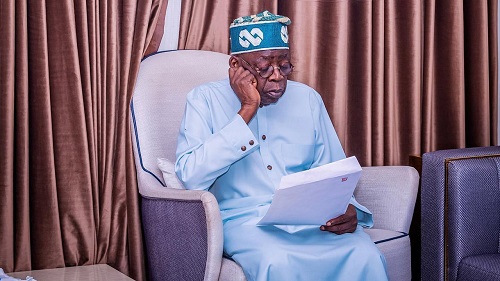Yenagoa, Benin City, Jos, Nigeria – As Nigeria inches closer to crucial elections and contends with long-standing governance issues, the political landscape is marked by both challenges and promises. From the internal strife within the Peoples Democratic Party (PDP) to campaign promises in Edo State and broader concerns about governance, the nation is at a critical juncture. This analysis explores three key stories shaping Nigeria’s political discourse.
1. PDP’s Internal Crisis: A Test of Resilience
Governor Douye Diri of Bayelsa State has projected optimism amidst the ongoing crisis within the national leadership of the PDP. At a recent state congress in Yenagoa, he assured party members that the PDP remains a vital opposition force and will soon overcome its internal struggles. His assertion that “no democracy without opposition” highlights the crucial role the PDP plays in Nigeria’s political arena.
However, while Diri’s confidence is encouraging, the party’s challenges are significant. The PDP’s crisis stems from deep-seated issues of leadership and strategic direction, which have left the party vulnerable at a time when unity is paramount. Political analysts suggest that while efforts to resolve these issues are ongoing, the outcome will determine the PDP’s future as a viable alternative to the ruling APC.
2. Edo Guber Race: Okpebholo’s Vision for Change
In Edo State, APC governorship candidate Senator Monday Okpebholo has outlined an ambitious plan to revive critical infrastructure in Uhunmwode Local Government Area. During a ward-to-ward campaign, Okpebholo pledged to restore the Ehor Juice Factory and the Ehor Technical College, both of which have fallen into disrepair. His promises to improve local agriculture and education are part of a broader strategy to win over voters in the upcoming September 21 election.
Okpebholo’s campaign highlights a common theme in Nigerian politics: the revival of neglected public projects. The emphasis on local development resonates with voters frustrated by years of neglect, particularly in rural areas. However, the real test will be whether Okpebholo can translate these promises into actionable policies if elected. His critics point to the many campaign promises made by politicians in the past that have yet to materialize.
3. Indiscipline and Impunity: The Root of Nigeria’s Woes
In a candid interview, Professor Nnamdi Aduba, a constitutional law expert, identified indiscipline and impunity as the greatest challenges facing Nigeria. Speaking on the state of the nation, Aduba lamented the deterioration of governance, economic hardship, and the widening gap between the political elite and ordinary Nigerians. He pointed out that the extravagant allowances of National Assembly members are symptomatic of a broader culture of impunity.
Aduba’s critique underscores the systemic issues that have plagued Nigeria for decades. The disconnect between leaders and the led, coupled with a lack of accountability, has exacerbated poverty, insecurity, and social unrest. His call for greater discipline and responsibility in governance is a reminder that addressing these fundamental issues is crucial for Nigeria’s progress.
Conclusion: A Nation at a Crossroads
As Nigeria navigates these challenges, the political class faces a critical test. The PDP’s internal crisis, Okpebholo’s campaign in Edo, and the broader issues of governance highlighted by Professor Aduba are all part of a larger narrative about the future of Nigeria’s democracy. For the nation to move forward, it will require not just promises and reassurances but concrete actions that address the underlying issues of leadership, development, and accountability. The coming months will be telling in how these dynamics play out and what they mean for Nigeria’s political and socio-economic landscape.



